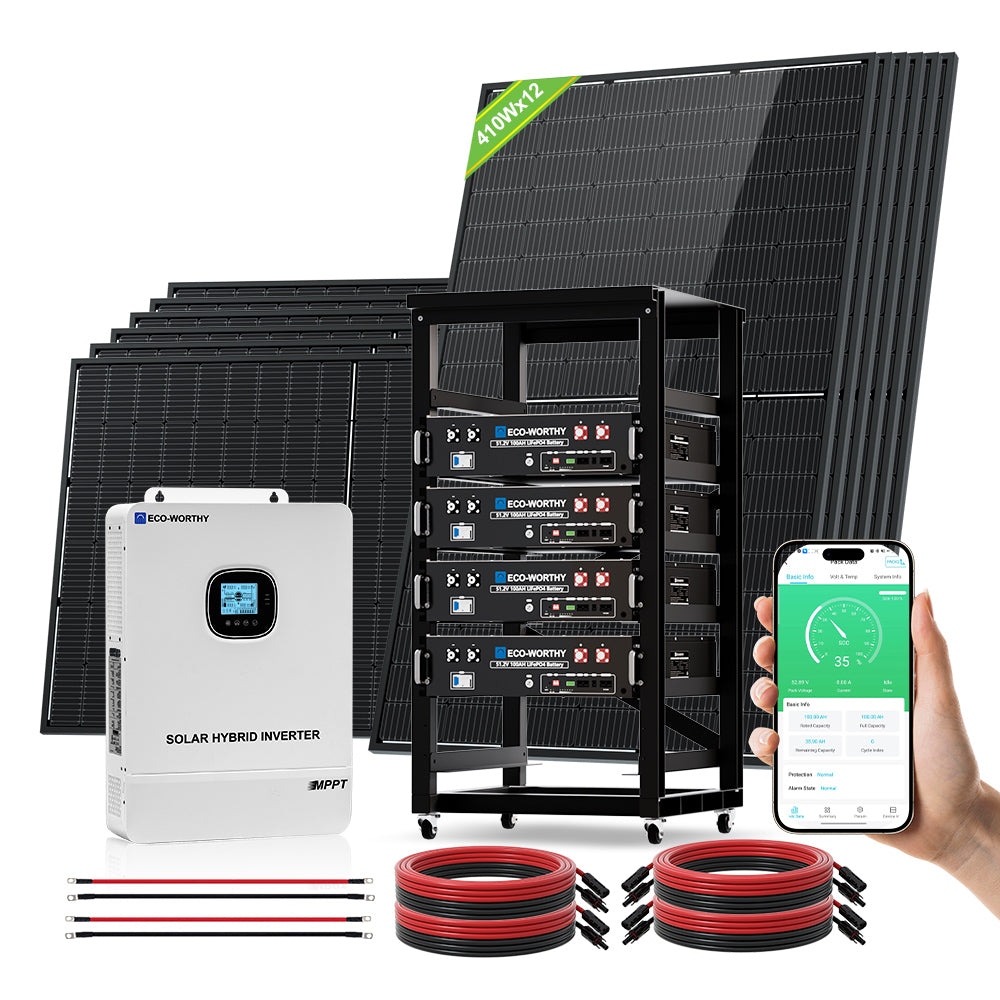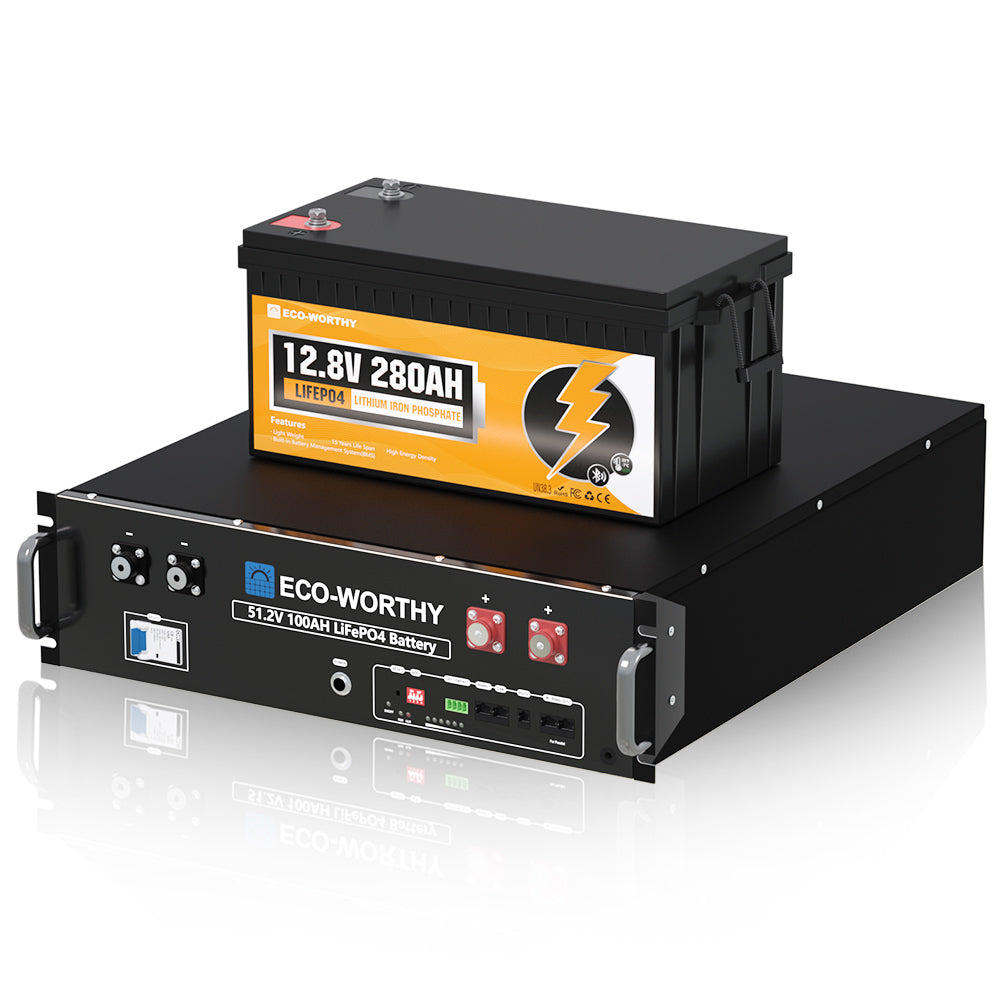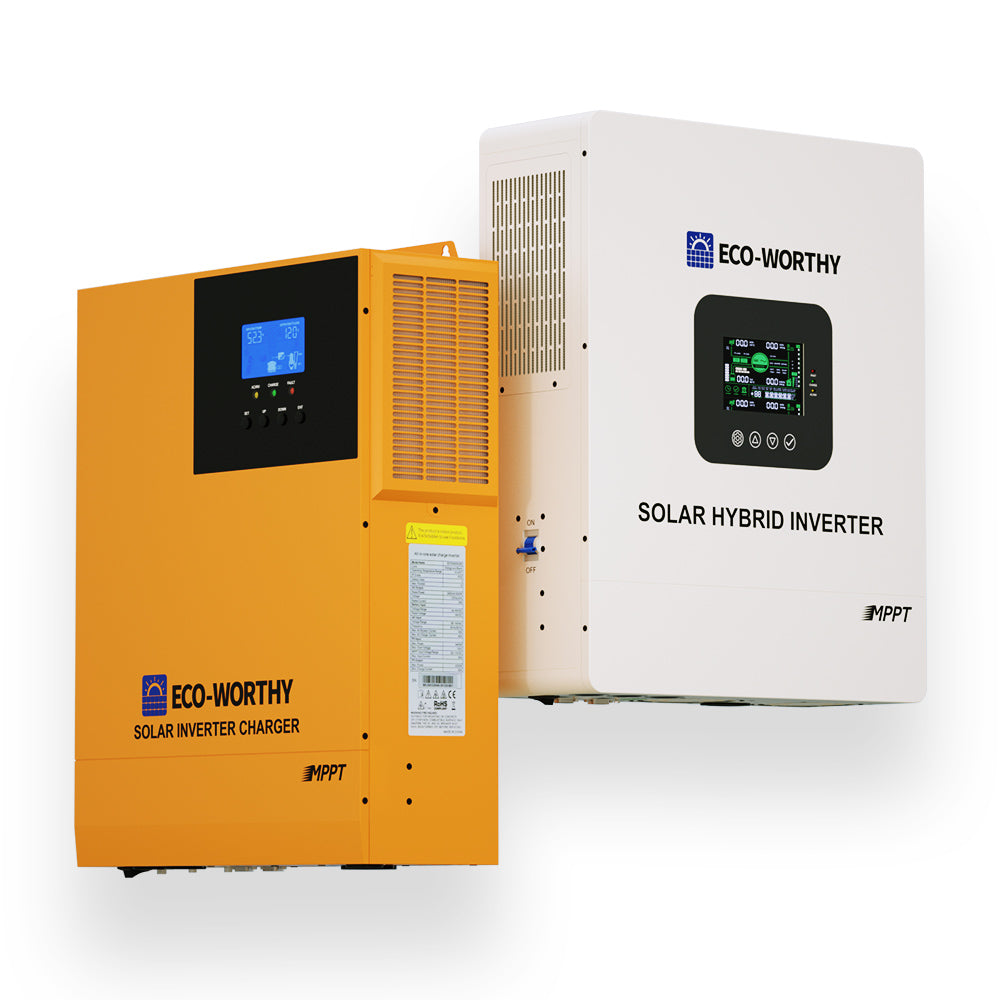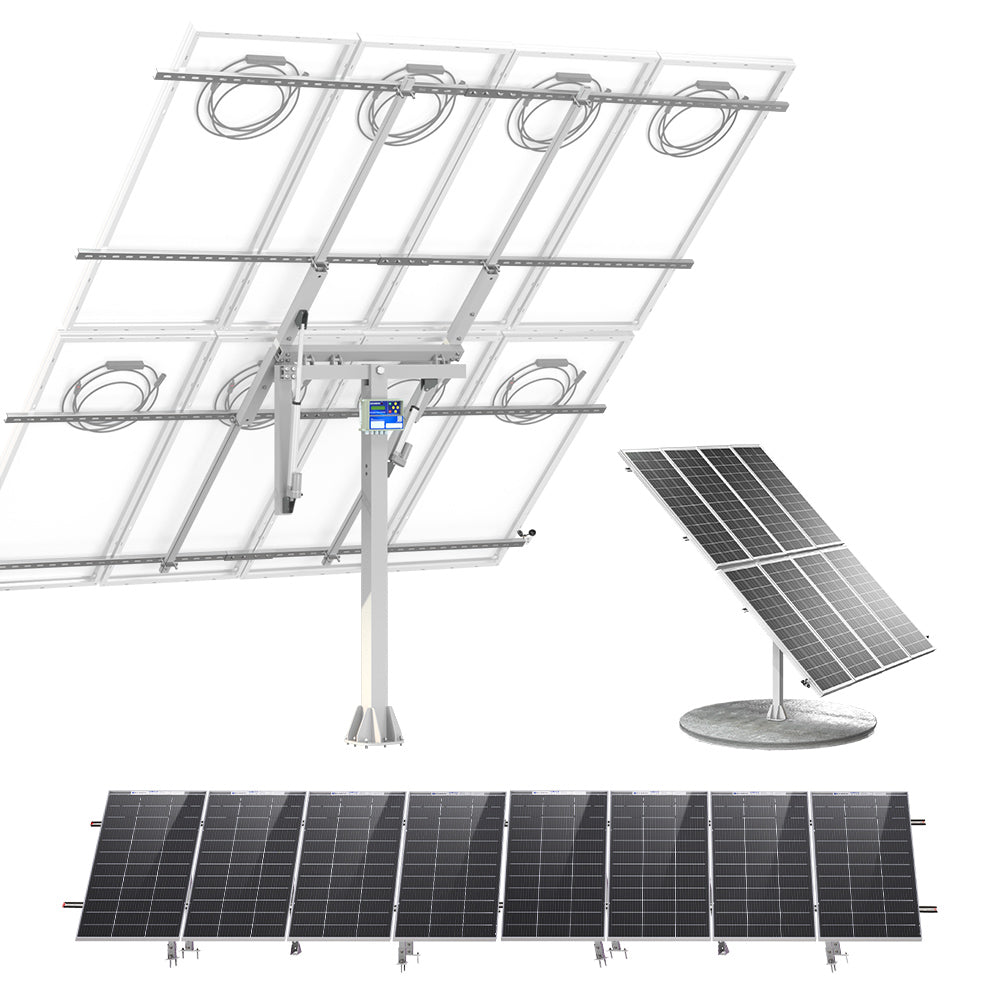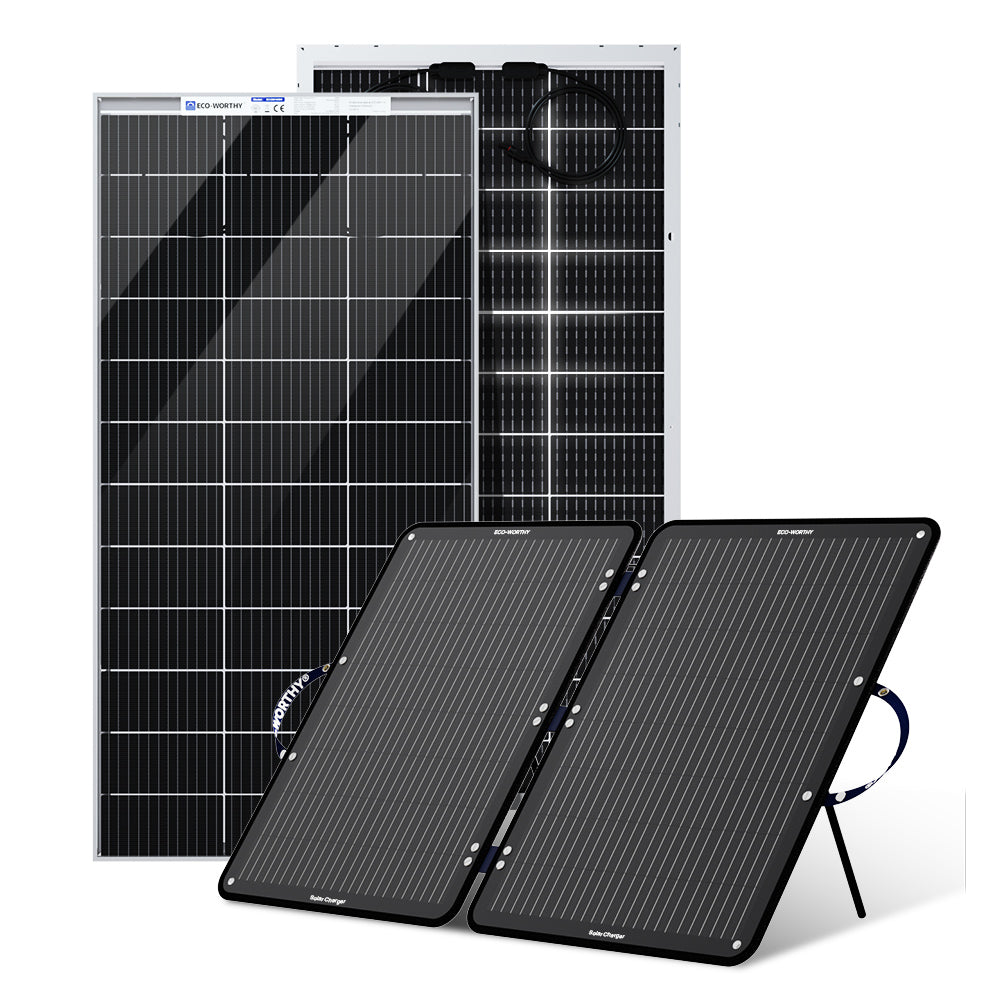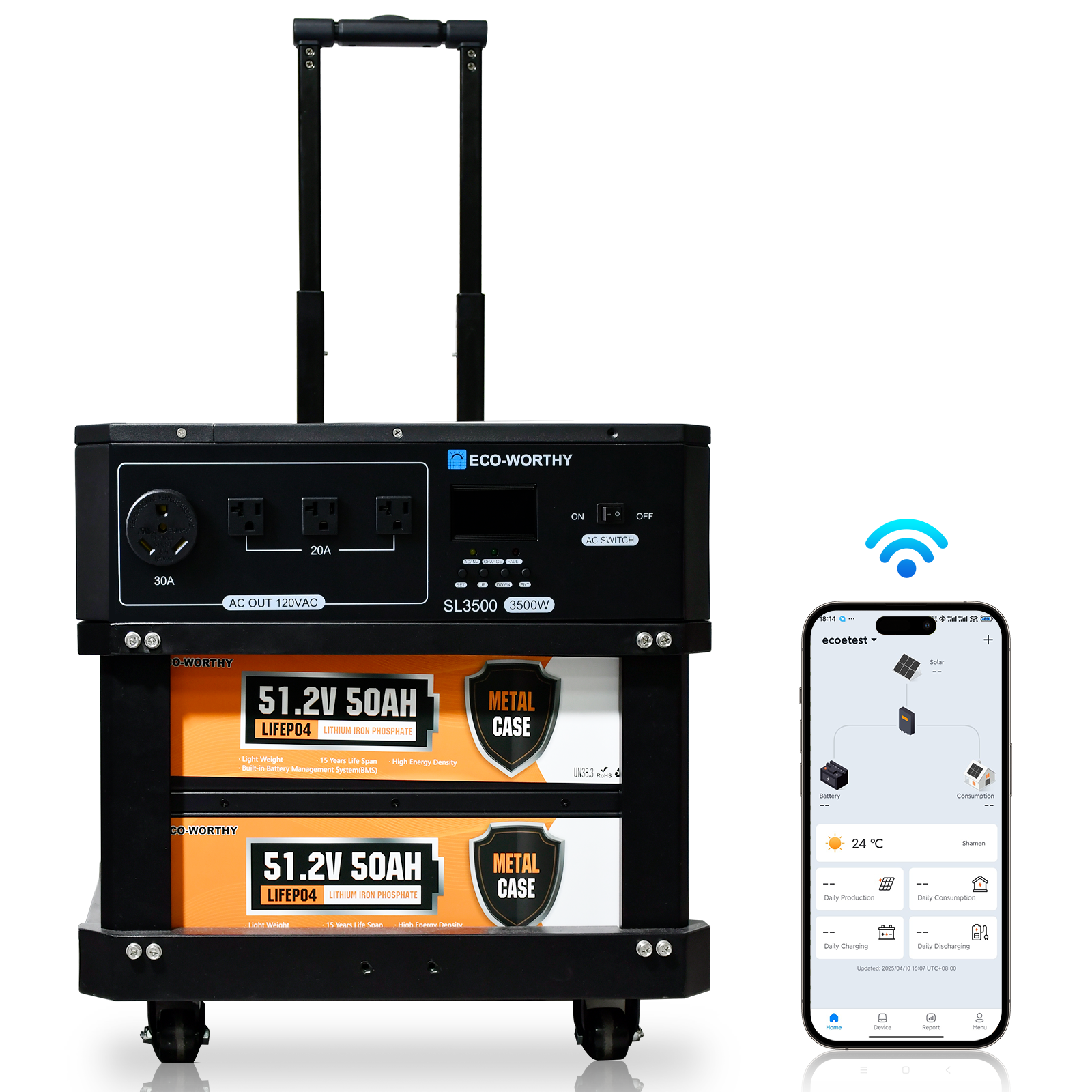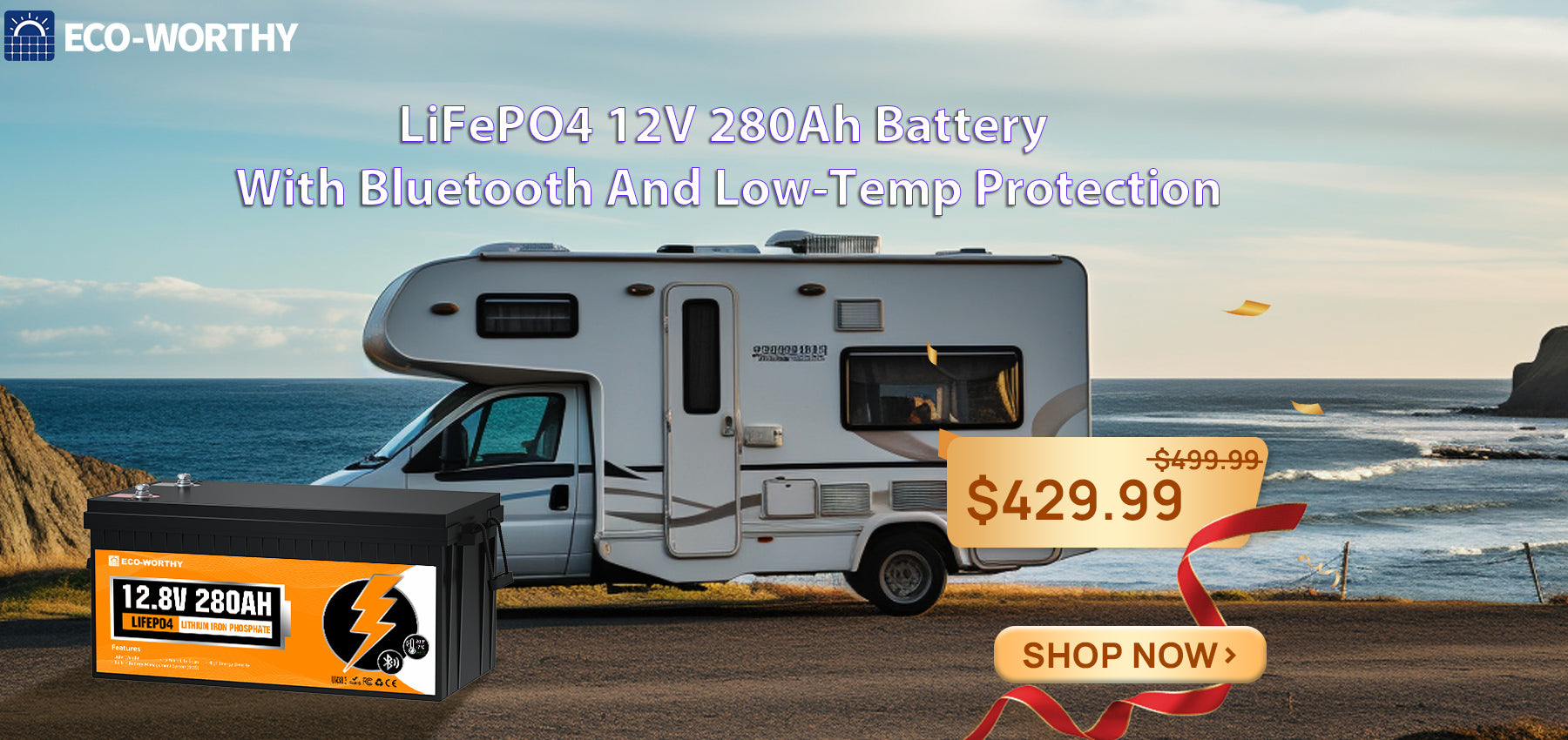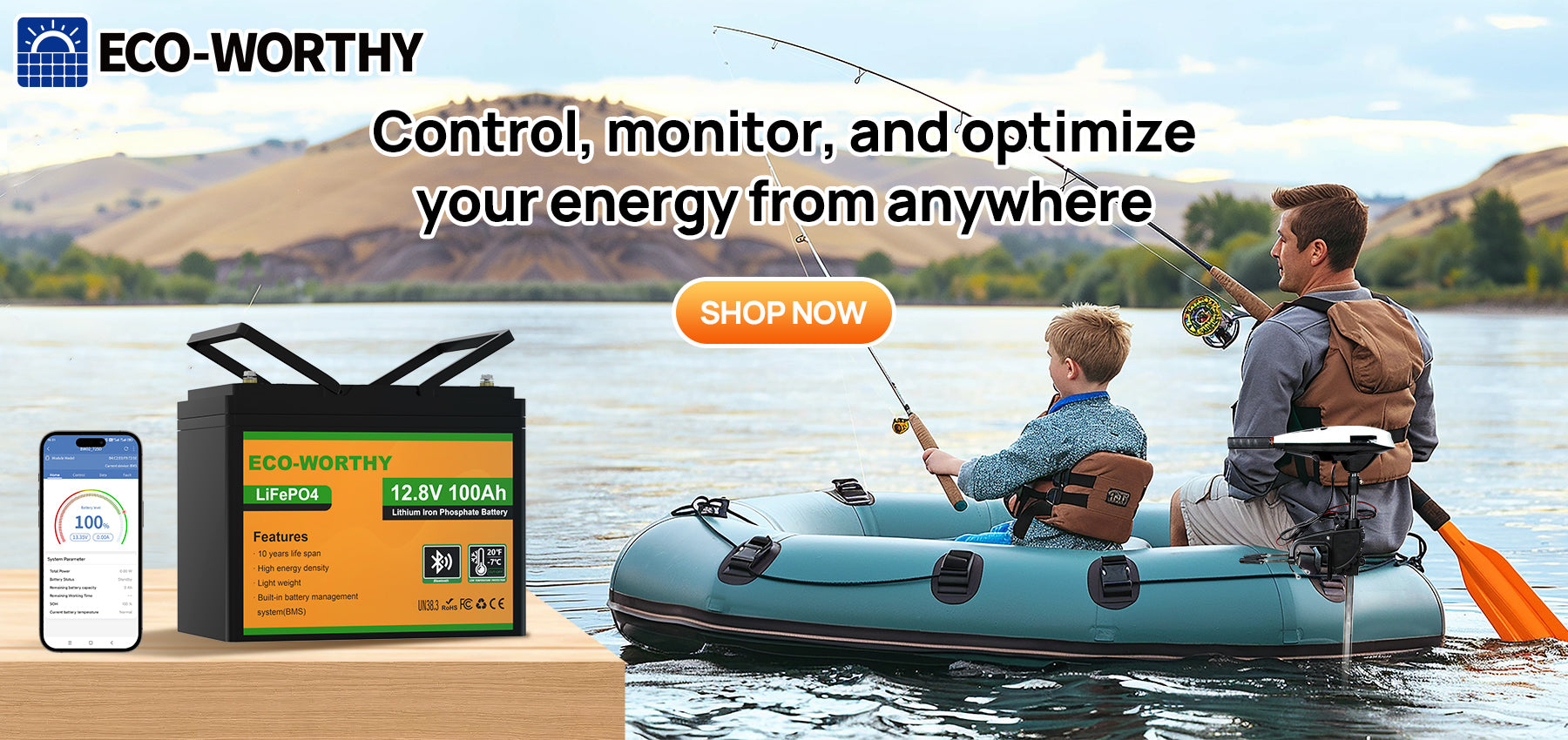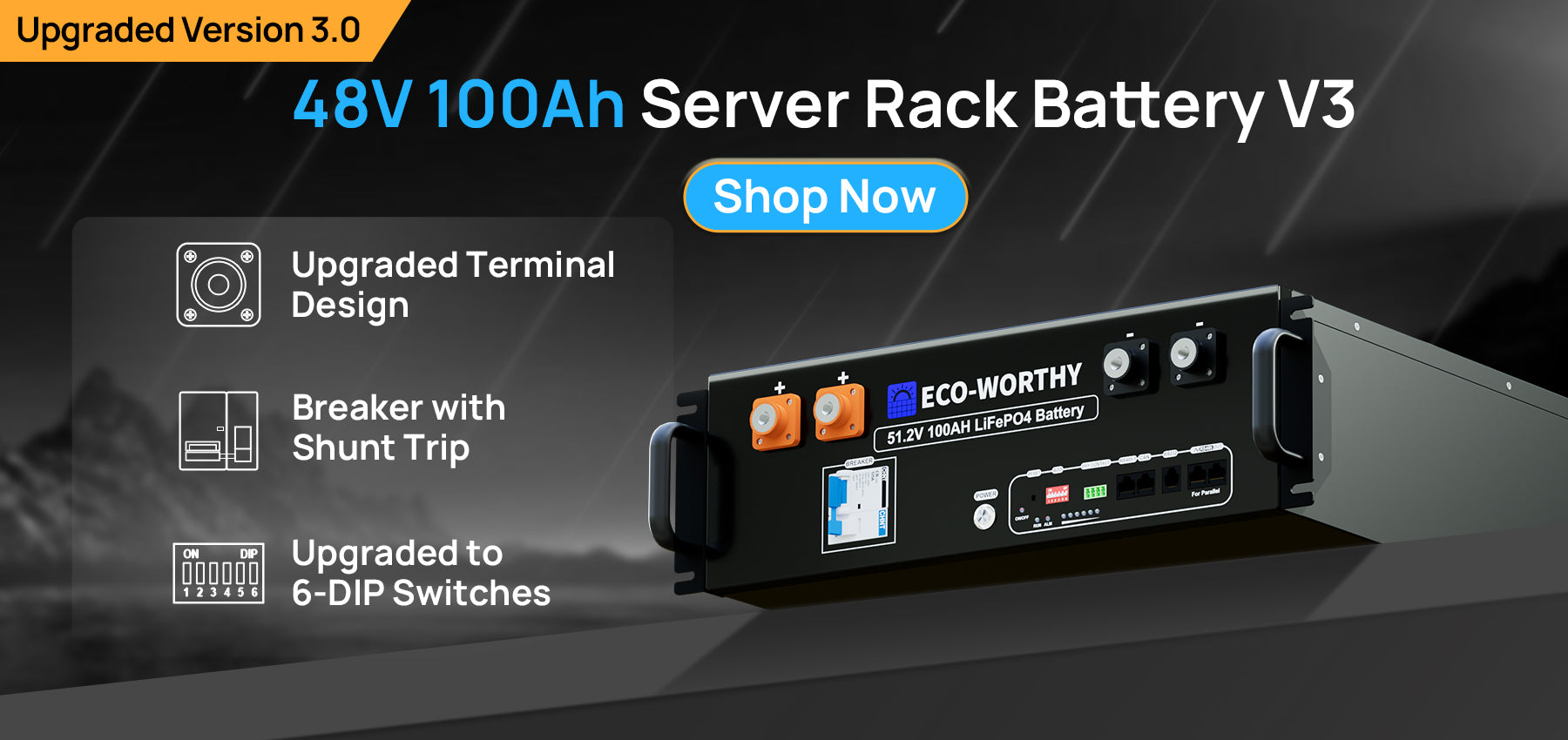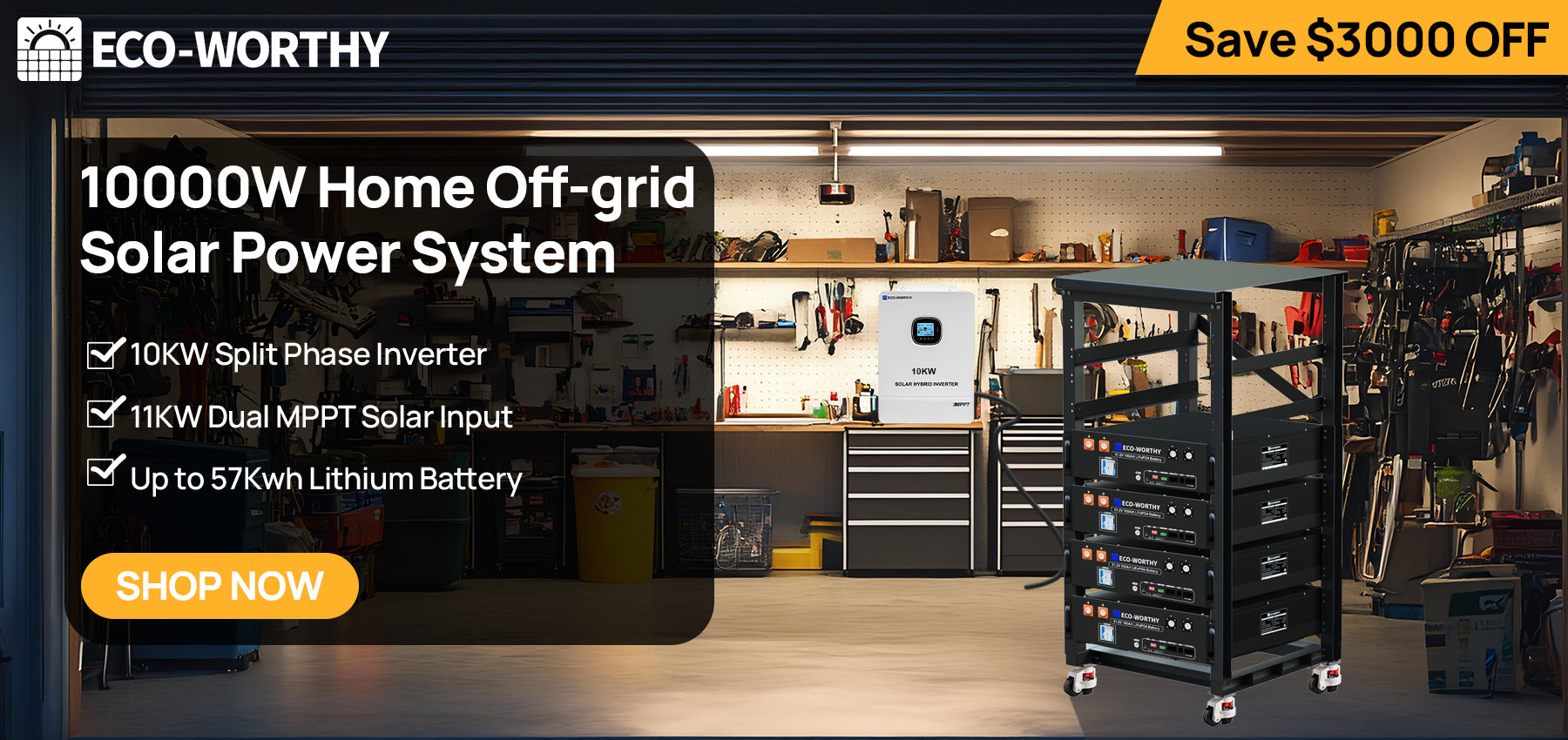FAQs
What are the financial benefits of solar energy?
When you install a solar energy system on your property, you save money on your electricity bills and protect yourself against rising electricity rates in the future. How much you can save depends on the utility rates and solar policies in your area, but going solar is a smart investment regardless of where you live.
How does solar increase your property values?
Studies have shown that homes with solar energy systems sell for 3.74% more than homes without them. However, your property value will only increase if you own, rather than lease, your solar panel system. In most parts of the country, going solar will actually increase your property value more than a kitchen renovation.
How to size a solar system?
You can approach the project from two angles: 1) How much money you’re prepared to spend. 2) How much electricity your household uses. Take into consideration other sizing factors and common stumbling blocks that may impact how to size a solar system: 1) Local levels of sun exposure. 2) Orientation of the array (tilt angle). 3) Plans for future expansion.
How long will ECO-WORTHY solar power system last?
In general, solar panels are very durable and capable of withstanding snow, wind, and hail. The various components of your solar power system will need to be replaced at different times, but your system should continue to generate electricity for 25 to 35 years.
ECO-WORTHY shipping policy and warranty?
ECO-WORTHY aims to ship your order within 1-3 working days of order placement unless otherwise communicated. We warranty our product 1 year. After confirming that it is a problem of the product itself and the purchase is less than one year, we will provide free replacement or refund service.
ECO-WORTHY return policy?
A 15% restocking fee will be charged for all returns unless product issues and listing errors. Merchandise may be returned within 30 days of the receipt of the product. You will receive a refund or credit towards your account, provided the merchandise is returned in the original packaging in new and resalable condition with the original blank warranty cards, manuals, and all accessories. If any component of the returned product is missing, if there is damage or the product has been used, the return procedure is breached and ECO-WORTHY may reject the return or may choose to impose additional charges for replacement of the missing component.
How do solar photovoltaic (PV) panels work?
Solar panels absorb the sun's energy throughout the day and convert it into direct current (DC) electricity. Most homes and businesses run on alternating current (AC) electricity, so the DC electricity is then passed through an inverter to convert it to usable AC electricity. At that point, you either use the electricity in your house or send it back to the electric grid.
What is solar panel efficiency?
Solar panel efficiency ratings measure the amount of sunlight captured by a solar panel. If a panel is rated at 18% efficiency, that means that 18% of the sunlight that hits the face of the panel will be converted into usable power. Most solar panels on the market have efficiency ratings that fall between 15-23%. ECO-WORTHY's panels are between 18-20%.
Monocrystalline vs. Polycrystalline solar panels?
Monocrystalline solar panels contain cells that are cut from a single crystalline silicon ingot. The composition of these cells is purer because each cell is made from a single piece of silicon. As a result, mono panels are slightly more efficient. They also perform better in high heat and lower light environments. Polycrystalline solar panels are blended together from multiple pieces of silicon. Smaller bits of silicon are molded and treated to create the solar cell. This process is less wasteful because hardly any raw material is thrown out during manufacturing. So they’re cheaper to manufacture which means they cost less for the end-user.
Do solar panels produce power when the sun isn’t shining?
The amount of power your solar energy system can generate is dependent on sunlight. As a result, your solar panels will produce slightly less energy when the weather is cloudy, and no energy at night. However, because of high electricity costs and financial incentives, solar is a smart decision even if you live in a cloudy city.
Do solar panels work in winter?
Panels must be exposed to light to produce. Keep snow clear from the face of your panels. Colder temperatures increase voltage, which means your system is more efficient when it’s cold & sunny. However, there are fewer sun hours during the day in the winter, leading to an overall drop in production. Take steps to conserve energy to get the most out of your system in the winter.
Grid-tied vs. Off-grid?
The difference between grid-tied and off-grid solar revolves around where you store the energy you generate. With grid-tied systems, the energy you generate is sent into the utility grid. Your panels feed electricity into the grid, which can be distributed to other people in your area. Off-grid systems are different. With no access to the utility grid, you must find another solution to store energy.For that, you’ll need to add a battery bank to your system. Batteries provide dedicated energy storage. Without any access to power lines, batteries are mandatory for off-grid solar systems. In summary: grid-tied systems store energy in the power grid, while off-grid systems store energy in batteries.
What is a solar inverter?
A solar inverter converts DC (direct current) into AC (alternating current). Solar panels generate direct current from the sun, but most home appliances run on alternating current. The inverter’s role in your system is to convert DC to AC so that the energy generated by your panels can be used to power your appliances.
How is an off-grid inverter different from a grid-tied inverter?
A grid-tied inverter takes DC power from solar panels, turns it into AC, and sends it into the grid for credit. But an off-grid inverter needs a battery bank to function. The solar panels feed DC power into the batteries. Then your inverter takes that power and “inverts” it, creating AC power for your home.
How do solar batteries work?
When installing a solar battery as part of your solar panel system, you can store excess solar energy instead of sending it back to the power grid. If your panels are producing more electricity than you need, this energy can go back into charging your battery. When your solar panels aren’t producing electricity, you can draw from the stored energy when you need it. The electricity is sent back to the grid only when your battery is full or draws from the grid only when the battery is low.
Lead-acid vs. Lithium Batteries?
Lead-acid batteries cost less up front, but they have a shorter lifespan and require regular maintenance to keep them running properly. Lithium batteries are much more expensive up front, but they are maintenance-free and have a longer lifespan to match their higher price tag.
Roof mounts vs. Ground mounts
Roof mounts tend to cost less because they use your existing roof structure as foundational support. Ground mounts are more versatile: you can build them anywhere on your property, and point your panels directly at the sun so they operate at peak output.

